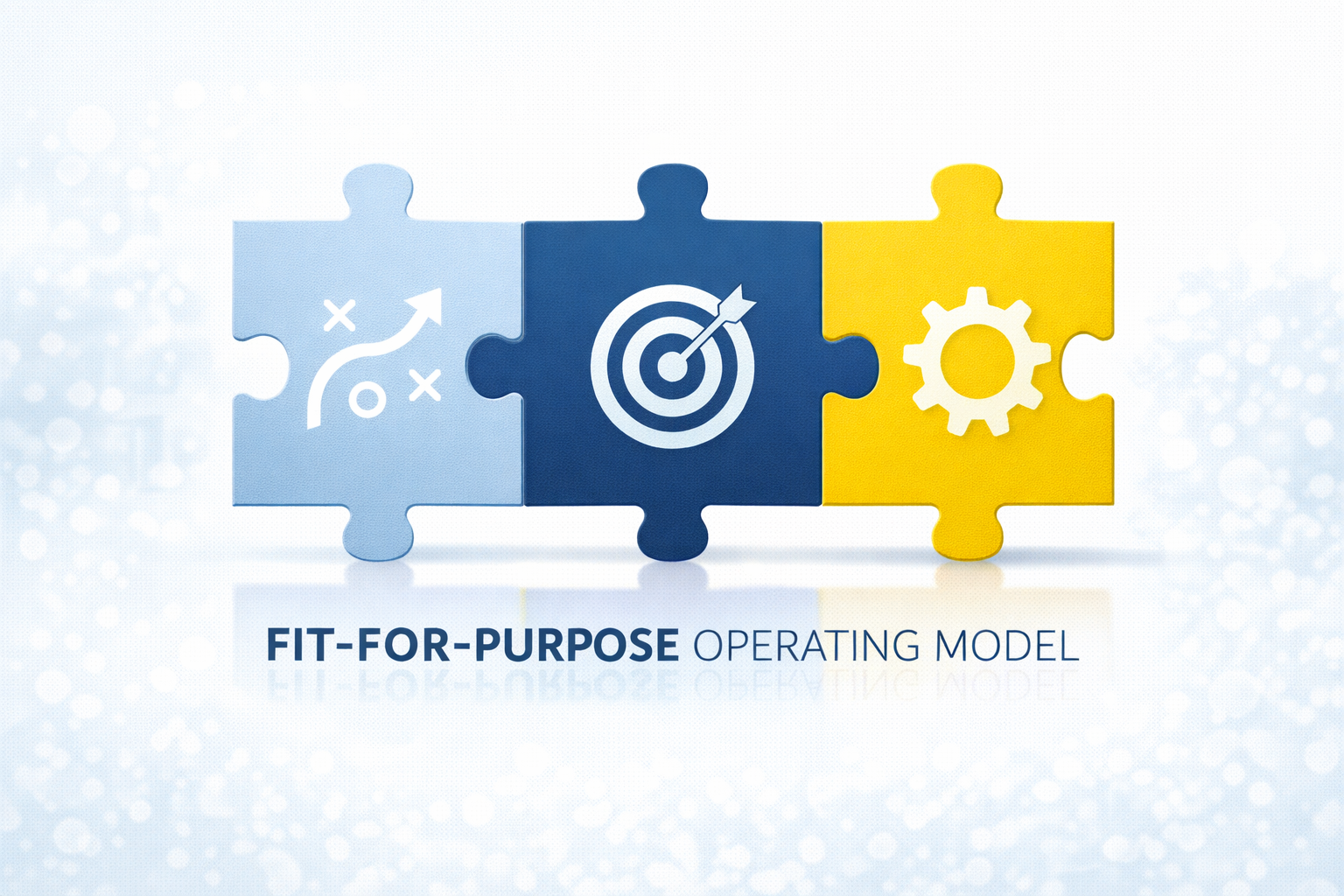
As 2020 draws to a close, corporate leaders are looking back over the last months since COVID hit to pick-out the key lessons learnt for the future. Although some markets, like travel and leisure have been struck down hard, many businesses are finishing 2020 with record sales, and many more with record profits! Humatica has canvassed private equity sponsors and portfolio company leaders to understand the major take-aways from this turbulent year.
One realisation is that a lot more can be done without face-to-face interaction than was previously thought. In particular, deals have been closed, consulting projects were executed, and new sales made during the pandemic. Technology delivered the capability to have near real-life interaction for these otherwise “high-touch” activities. In particular, leaders are surprised by the pandemic’s impact (or lack thereof) on field sales effectiveness.
From pharma to vacuum cleaners – the feedback from Sales leaders across sectors is that revenues have remained remarkably stable during the pandemic, even without face-to-face field sales calls. As the empirical evidence mounts that revenues are de-coupled from face-to-face interaction, leaders are questioning the cost and efficiency of their field sales organisations. As a big-pharma finance executive recently noted, “our sales have been stable throughout the pandemic, even increasing slightly, despite not being able to make on-site sales calls at the doctor’s office. So why am I paying all these field Sales people, including their car allowances and perks?”. The trend is confirmed by the direct sales head of a global household appliance firm, “revenues have been steady, despite the lock-downs. We have therefore cut our field sales travel budget by 50% for 2021”.
Indeed, 2021 will be a year for leaders to translate lessons learnt from the pandemic into higher Sales efficiency and daily business. The signs are clear. As COVID is brought under control and business travel recovers, Sales will return to a new and different “normal”. More B2B selling will be done on-line and virtually – saving time, travel, energy, CO2, the environment, and of course cost. However, the implications for Sales organisations – their structures, processes and resourcing are only now starting to be addressed.
Humatica estimates 30-40% sales efficiency gains are possible from a re-think and re-wiring of the way companies sell. Eliminating low value add travel-related activities already delivers more than half the benefits. Other improvements come from a more rigorous segmentation of the customer base to deliver more efficient, targeted farming of existing clients. And with hunting, increased efficiency comes from more refined Sales processes that clearly identify when and where a face-to-face sales call is really justified. Digital selling impacts all aspects of sales efficiency, including the new competencies required for success.
Remote working has shifted the economics of selling, in particular for B2B products and services. This demands a re-think of how firms sell in order to take advantage of new realities and stay ahead of the competition.
> Link to the Real Deals HumaticaCorner column

Private equity investors and executive teams rightly focus on operating model design as a core lever for value creation. The right structure can accelerate growth,…
Read more
In many organizations, strategy promises growth, efficiency, and innovation—but day-to-day execution tells a different story. Decisions drag. Silos persist. Accountability blurs. Leaders work harder without…
Read more
In today’s private equity landscape, the classic levers of value creation are no longer enough. As markets evolve and competition intensifies, governance is emerging…
Read moreErhalten Sie jeden Monat Neuigkeiten und wertvolle Perspektiven zu Themen der organisatorischen Effektivität